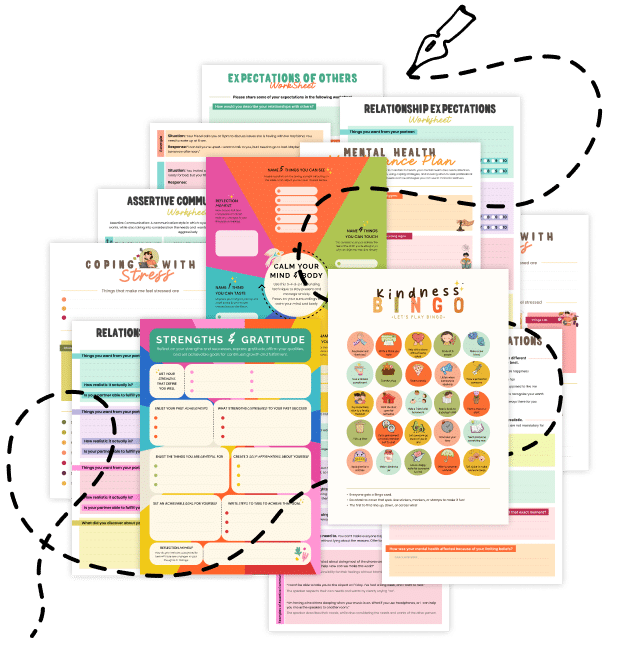20 Things You Should Know About Latent Learning
Enhance your understanding of how your brain absorbs information without explicit reinforcement with these 20 insights on Latent Learning—what it is, why it matters, and how it influences your everyday behavior. Discover how knowledge can be acquired passively and later revealed when it becomes relevant, shaping your skills and intuition over time.
1. What Is Latent Learning?
Latent learning is the process of acquiring knowledge or skills without immediate reinforcement or noticeable changes in behavior, often remaining hidden until needed.
2. Discovered Through Animal Research
Pioneering studies with animals, such as rats navigating mazes without rewards, revealed that learning can occur without obvious reinforcement.
3. Learning in the Background
Your brain often gathers information incidentally while exploring your environment, even if you’re not consciously focused on learning.
4. The Role of Implicit Memory
Latent learning is closely linked to implicit memory, where knowledge is stored unconsciously and later influences your actions.
5. Not Driven by Rewards
Unlike classical conditioning, latent learning does not require rewards or punishments—it happens naturally as you experience the world.
6. Everyday Examples
From learning the layout of a new city to picking up social cues, latent learning helps you adapt to various situations without deliberate study.
7. Hidden Skills Revealed Over Time
Information acquired latently can suddenly become useful when circumstances change, such as recognizing a shortcut you never actively learned.
8. Building Mental Maps
Latent learning helps create internal maps of environments or routines that can be retrieved when needed, even if you didn’t notice them at first.
9. Enhancing Problem-Solving
By absorbing diverse information passively, your brain forms a rich network of associations that can lead to creative solutions when faced with challenges.
10. The Power of Exploration
Allowing yourself to explore and experience without a set goal encourages latent learning and expands your knowledge base naturally.
11. Implicit Learning in Education
Educators can leverage this type of learning by creating engaging, exploratory environments where students absorb information without the pressure of constant testing.
12. Reinforcing Knowledge Through Context
Latent learning often depends on the context; the environment where you learn influences how and when that knowledge is later retrieved.
13. Sleep and Memory Consolidation
Research suggests that sleep plays a crucial role in consolidating latent learning, turning passively acquired information into accessible memories.
14. Unseen Benefits in Skill Acquisition
Many skills, such as language fluency or social behavior, develop through this form of learning, emerging more clearly over time with exposure and practice.
15. It’s Often Implicit and Unconscious
You might not be aware that you’ve learned something until a situation arises that calls for that hidden knowledge.
16. Boosting Cognitive Flexibility
Latent learning contributes to cognitive flexibility by allowing you to adapt previously gathered information to new challenges and scenarios.
17. A Foundation for Intuition
The subtle accumulation of knowledge through latent learning often forms the basis of your intuitive decision-making.
18. Overcoming Over-Reliance on Rewards
Understanding this learning process can help you appreciate that not all learning is driven by immediate feedback, highlighting the importance of exploration.
19. Encouraging Lifelong Learning
Embracing latent learning promotes curiosity and an ongoing desire to explore new experiences, fueling personal growth over a lifetime.
20. Related Topics to Explore
- Context-Dependent Memory – Discover how the context in which you learn affects your ability to recall information later.
- Implicit Learning – Understand the broader processes behind learning without conscious effort.
- Active Recall vs. Passive Review – Learn why actively retrieving information is different from passively absorbing it.
- Interleaving Practice – Explore how mixing different topics can enhance long-term retention.
- Cognitive Load Theory – See how managing mental workload can optimize learning and performance.
Quick Tips to Boost Your Latent Learning
- Explore Actively: Allow yourself time to wander and explore new environments without a specific goal.
- Reflect on Experiences: Periodically reflect on your day to uncover lessons you might have absorbed unconsciously.
- Mix Learning Methods: Combine structured study with free exploration to create diverse memory cues.
- Leverage Context: Vary your study settings to reduce context dependency and improve retrieval flexibility.
- Prioritize Rest: Ensure you get quality sleep to consolidate and integrate passively acquired knowledge.
Embrace these insights and tips to harness the power of Latent Learning, empowering you to build a rich, adaptable knowledge base that supports lifelong learning and creativity!


